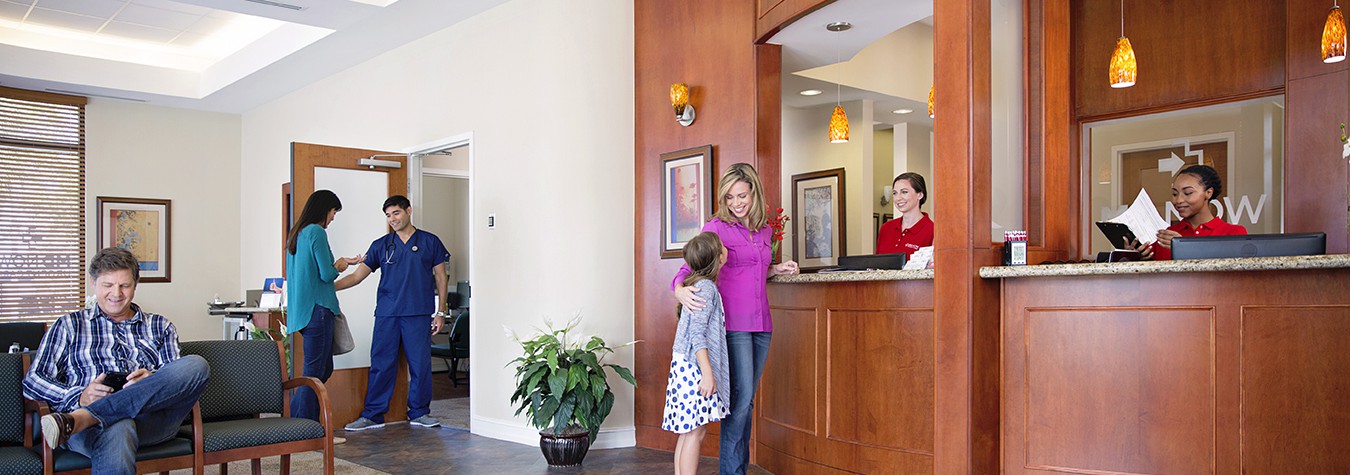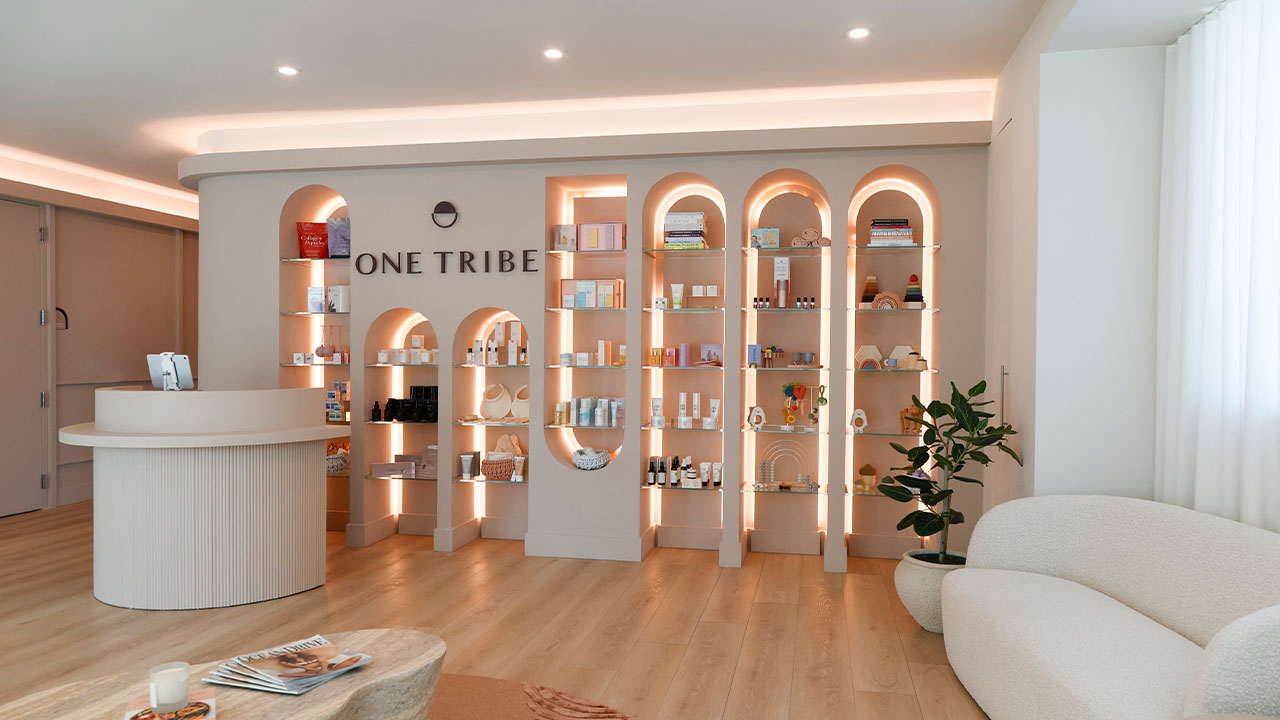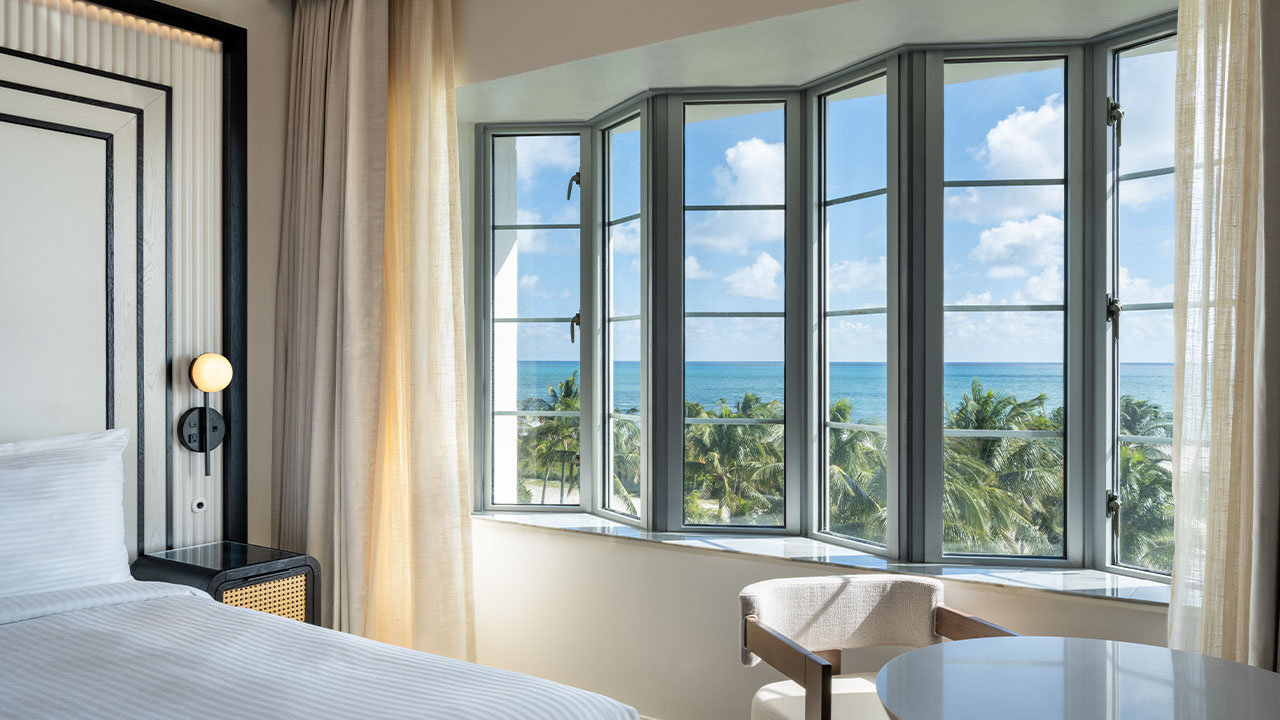Shortage of primary physicians spurring growth of urgent-care facilities

Call them the health-care industry’s answer to Starbucks. They’re sprouting up wherever you look. You can find one at the mall or in the strip shopping center two minutes from your home. They’re called urgent-care centers, and they’ve become the medical preference for many patients and the darling of insurance companies.
They’re also creating competition for traditional medical practices as well as each other, with one chain soon to have 26 locations. Patients like them for their readily available appointments, and insurance companies like them because reimbursement costs are lower than hospital emergency rooms.
Most health insurance plans cover urgent-care centers, says Rachel Sapoznik, owner of the Sapoznik Insurance Agency in Miami – and actively encourage their use. “They promote them by having a lower co-payment than an ER visit,” she says. “It’s a big difference. An ER might have a $300 co-payment, but the highest I’ve seen at an urgent-care center is $75.”
Sapoznik points to two reasons for the huge growth spurt. “The main reason is there’s a shortage of primary-care physicians,” she says. “These urgent-care centers have become your line of defense.” Plus, she says, “there’s never a long wait.”
 Sapoznik says patients seeking medical attention need to be mindful when selecting an urgent-care facility. Some hospitals are opening what they call urgent-care centers but are essentially off-site emergency rooms. “You need to make sure it’s really an urgent-care center,” she says. “You’ve got to be careful. You get billed and it’s a problem. Let the buyer beware.”
Sapoznik says patients seeking medical attention need to be mindful when selecting an urgent-care facility. Some hospitals are opening what they call urgent-care centers but are essentially off-site emergency rooms. “You need to make sure it’s really an urgent-care center,” she says. “You’ve got to be careful. You get billed and it’s a problem. Let the buyer beware.”
All in all, Sapoznik says patients seem to like using urgent-care centers. “When we interview our clients, they’re happy with the services,” she says. However, she voices a concern echoed by others in the medical community: “If someone has a longstanding, serious medical condition, they need to maintain continuity of medical care with their primary doctor. They should not look at urgent-care centers as taking the place of their primary doctors.”
Luis Bellmas, Baptist Health South Florida’s vice president for outpatient services, agrees. “Our philosophy is all patients should have a primary-care physician,” he says. “Urgent-care centers are for episodic care.”
Baptist Health, headquartered in Coral Gables, has 17 urgent-care centers listed on its website – as far north as Coral Springs.
 “We actually opened our first one in 1990,” Bellmas says. “The initial reason was to decompress our ERs. They were very busy. The phenomenon has caught on. Patients love the quick turnaround. We noticed a lot of patients were coming from different areas. We wanted them closer to where people live and work. We were even getting patients from Broward County.”
“We actually opened our first one in 1990,” Bellmas says. “The initial reason was to decompress our ERs. They were very busy. The phenomenon has caught on. Patients love the quick turnaround. We noticed a lot of patients were coming from different areas. We wanted them closer to where people live and work. We were even getting patients from Broward County.”
Bellmas says the push today is for more outpatient services. “It’s more affordable and seems to be the way to go,” he says, adding urgent-care centers are fine for minor illnesses and minor surgeries. “It’s for those who don’t require full-blown ER services. We can do all the diagnostic workups.”
There are differences between hospital centers and independent centers, Bellmas says. “Some non-hospital (-affiliated) urgent-care centers might not be accredited,” he says. “They may or may not follow ER guidelines. Hospital urgent-care centers will treat everyone; not everyone does. Hospitals are typically accredited, and comply with all standards.”
The biggest drawing card for urgent-care centers has been that they’re cheaper than a hospital ER, and have a comparatively short waiting time. Would that also be guaranteed with a hospital-owned urgent care center? “It depends on insurance benefits, Bellmas says. “It’s usually up to insurance.”
Bellmas says hospital-affiliated centers have some advantages over private, stand-alone facilities. “I think most hospital urgent-care centers would have more diagnostic services,” he says. “Typically, hospital urgent-care centers offer an expanded menu of services, and they’re accredited.”
Fort Lauderdale’s Holy Cross Hospital expects to open its third urgent care and imaging center – its second location in Boca Raton – on Aug. 15.
“It’s basically to extend our geographic footprint,” says Mark Dissette, Holy Cross senior vice president and HealthPlex administrator. In addition to the 350 physicians the Holy Cross network has throughout Broward and Palm Beach counties, he says his organization also is establishing a presence with both urgent-care centers and imaging centers.
Jodi Laurence, co-founder of Florida Health Law Center, says her clients who have opened urgent-care centers seem to be doing well. She says opening one is not difficult. “It really depends what state you’re in,” she says. “In Florida, anybody can own a medical business. It’s like a medical office. In Florida, one doesn’t have to be a doctor to open one.”
Laurence says clinics are growing because of demand, yet there are differences, compared to hospital emergency rooms. “They cannot treat emergencies,” Laurence says. “If someone has a heart attack, an ER is required to stabilize that person. An urgent-care center doesn’t have to do that. They don’t have to take Medicaid. They don’t have the same obligations.”
Urgent-care centers do not necessarily have to have a doctor on site, but they are required to have a medical director who oversees day-to-day functions. In terms of rules and regulations, urgent-care centers are treated as medical offices. “Health care is highly regulated,” she says. “Medicare is highly regulated. There’s oversight by the state. A clinic license is required. The feds will also have oversight.”
Starting one, she says, is “just a matter of hanging up a shingle.”
Many urgent-care centers have a family doctor on site to treat routine medical problems, but one Miami-based group of urgent-care centers is specialized. OrthoNow treats only orthopedic and sports-related injuries.
OrthoNow was founded in 2010 in Doral by physician Alejandro Badia. It has six locations, some owned partly by Badia; others are franchises. “The orthopedic industry is huge,” Badia says. “This way, you’re seeing the right person at the right time. It costs less money. It alleviates the time to be treated.”
Badia says all OrthoNow facilities have X-ray machines and other imaging equipment on site. The company began franchising in 2014 and has seen growing demand. He says a patient seeking medical treatment for an orthopedic injury might otherwise have to wait weeks and months to get an appointment with a specialist.
One of the largest non-hospital-affiliated urgent-care centers is MD Now Urgent Care, which has 23 – soon, 26 – centers throughout South Florida. The company’s founder and CEO, physician Peter Lamelas, says his group is the largest urgent-care center provider in South Florida.
Lamelas says MD Now’s greatest asset is having a doctor on site at all locations, although nurse practitioners and physician assistants also treat patients. Like others in the industry, he says cost is the main driver of his company’s growth. Emergency rooms “can cost you an arm and a leg,” he says, adding MD Now posts its prices in the waiting rooms and has contracts with most insurance companies, with an average co-payment of $50.
He says if patients come to one of MD Now’s centers with a serious emergency, a doctor can stabilize the situation and send them to an ER. Mainly, he says, urgent-care centers are a quick substitute for traditional family physicians, when there’s an immediate need for one. “There are a lot of people here in South Florida who don’t really need a primary-care doctor,” he says. “They’re young and healthy.”
















